Managing a construction project can be incredibly complex, with numerous moving parts that need to be coordinated efficiently. This is where construction management software comes into play. These digital tools streamline project planning, scheduling, budgeting, and collaboration, making it easier to manage even the most intricate projects.
Using construction management software offers numerous benefits, such as improved project efficiency, better communication among team members, and accurate budget management. These tools help prevent delays, reduce errors, and ensure that all stakeholders are on the same page, ultimately leading to successful project completion.
In this article, we'll explore the best construction management software available today. Whether you're a project manager looking to enhance productivity or a construction firm aiming to modernize your operations, you'll find valuable insights and recommendations to help you make an informed decision.
What is Construction Management Software?

Construction management software is a suite of project management tools designed specifically for the construction industry. These tools help manage various aspects of construction projects, including planning, scheduling, budgeting, and resource allocation.
At its core, construction management software aims to simplify the complex and multifaceted nature of construction projects. It provides a centralized hub where all project-related information can be accessed, shared, and updated in real time. This not only enhances efficiency but also reduces the risk of errors and miscommunication.
Today, modern construction management software leverages cloud computing, mobile technology, and advanced analytics to offer comprehensive solutions that address every aspect of construction management. Platforms like Procore, Buildertrend, and PlanGrid provide robust functionalities that help project managers handle everything from pre-construction planning to project completion and post-construction maintenance.
Key Features of Construction Management Software
Project Planning and Scheduling

One of the most vital features of construction management software is project planning and scheduling. These tools use Gantt charts, timelines, and calendars to help project managers create detailed project plans.
Budgeting and Cost Management
Effective budgeting and cost management are crucial for any construction project. Construction management software offers tools to track expenses, manage budgets, and generate financial reports.
Document Management

Construction projects generate a vast amount of documentation, from blueprints and contracts to permits and inspection reports. Document management features in construction software ensure that all these documents are stored securely and can be accessed easily by authorized personnel.
Collaboration Tools
Collaboration is essential in construction projects, which involve multiple stakeholders, including contractors, architects, and clients. Construction management software includes collaboration tools such as communication platforms, real-time updates, and notifications to facilitate seamless interaction among team members.
Reporting and Analytics
Accurate reporting and data-driven decision-making are facilitated by the reporting and analytics features of construction management software. These tools generate customizable reports on various aspects of the project, such as progress, budget status, and resource utilization.
Benefits of Using Construction Management Software
Enhanced Project Efficiency

Construction management software streamlines various processes, making project management more efficient. By centralizing project data and automating routine tasks, it reduces the time and effort required to manage projects.
Improved Collaboration
Effective collaboration is crucial in construction projects, which often involve multiple stakeholders. Construction management software provides tools that facilitate communication and coordination among team members, contractors, clients, and other stakeholders.
Accurate Budget Management
Managing budgets and controlling costs are critical aspects of construction projects. Construction management software helps track expenses in real-time, allowing project managers to stay within budget. According to a survey by Construction Industry Institute, 80% of projects that use budget management tools are completed within the planned budget, underscoring the importance of accurate cost management.
Better Document Control
Construction projects generate extensive documentation, from blueprints and permits to contracts and inspection reports. Effective document management is essential to ensure that all team members have access to the latest information.
Informed Decision-Making
Data-driven decision-making is a significant advantage of using construction management software. These platforms provide comprehensive reporting and analytics tools that offer insights into various aspects of the project. According to McKinsey & Company, construction projects that use data-driven approaches are up to 50% more likely to finish on time and within budget.
These advantages lead to better project outcomes and a higher likelihood of successful project completion.
Top Construction Management Software
1. Procore
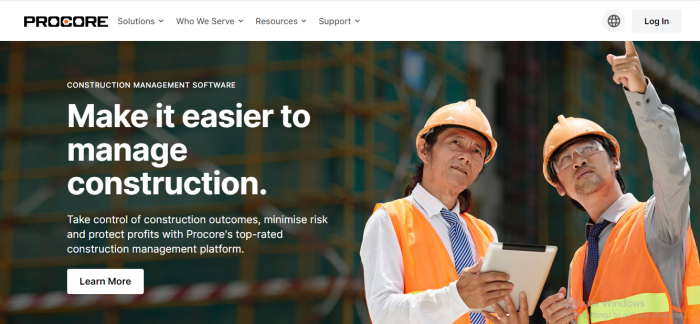
Key Features and Benefits:
Procore is one of the most popular construction management software platforms. It offers a comprehensive suite of tools for project management, including scheduling, budgeting, document control, and collaboration. Procore’s user-friendly interface and robust integration capabilities make it a versatile choice for projects of all sizes. Key features include real-time updates, detailed reporting, and mobile access, allowing project managers to track progress from anywhere.
Pricing and User Reviews:
Procore operates on a subscription-based pricing model, which varies depending on the size and scope of the project. Users generally praise Procore for its extensive feature set and ease of use, although some note that it can be pricey for smaller projects. According to G2, Procore has a rating of 4.5 out of 5, with users highlighting its comprehensive capabilities and excellent customer support.
2. Buildertrend
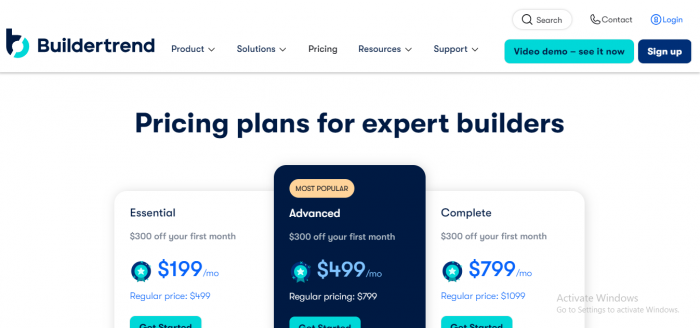
Key Features and Benefits:
Buildertrend is designed specifically for residential construction projects. It offers tools for project planning, scheduling, budgeting, and client management. Buildertrend’s standout features include its customer portal, where clients can view project updates and communicate with the team, and its integration with QuickBooks for seamless financial management.
Pricing and User Reviews:
Buildertrend offers tiered pricing plans based on the number of users and the features required. Reviews on Capterra rate Buildertrend at 4.5 out of 5, with users appreciating its client communication tools and ease of integration with other software. Some users, however, mention a learning curve for new users.
3. PlanGrid
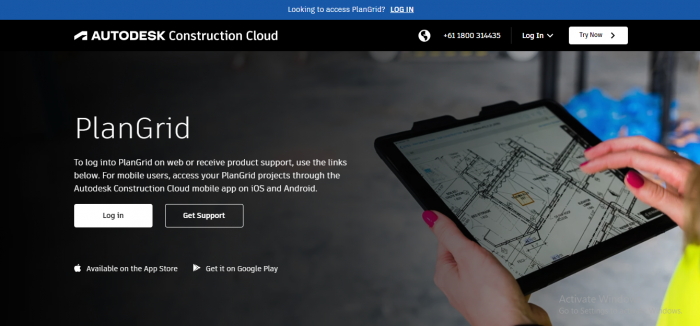
Key Features and Benefits:
PlanGrid excels in document management and collaboration. It allows users to store and share blueprints, mark up plans, and keep all project documents updated in real-time. PlanGrid’s mobile app is particularly praised for its functionality, enabling on-site teams to access and update project information directly from their smartphones or tablets. This ensures that everyone works from the most current data, reducing errors and rework.
Pricing and User Reviews:
PlanGrid offers a subscription model with pricing based on the number of sheets and users. It receives high marks for its ease of use and powerful mobile capabilities, with a rating of 4.6 out of 5 on Software Advice. Users appreciate its robust document management features, though some suggest enhancements in customer support and integrations.
4. CoConstruct

Key Features and Benefits: CoConstruct is tailored for custom home builders and remodelers. It includes tools for project management, client communication, and financial management. CoConstruct’s unique features include its budgeting and estimating tools, which help builders create accurate project estimates and track costs. The software also offers client portals for transparent communication and updates.
Pricing and User Reviews: CoConstruct’s pricing is subscription-based, with different tiers depending on the size and needs of the business. Reviews on TrustRadius rate it at 4.4 out of 5, with users praising its comprehensive feature set and excellent customer service. However, some users mention that the software can be complex to set up initially.
5. Bluebeam
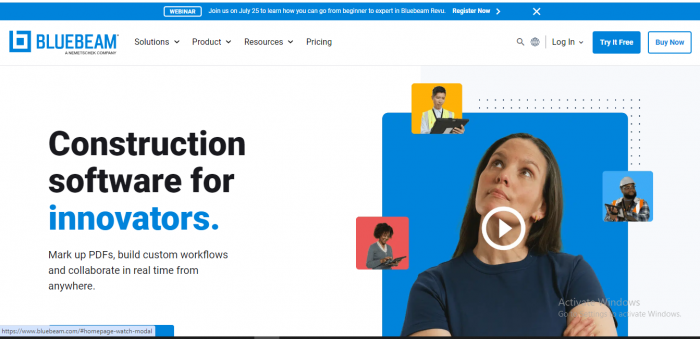
Key Features and Benefits:
Bluebeam is known for its powerful PDF editing and markup tools, making it a favorite among architects and engineers. It supports collaboration through its Bluebeam Studio feature, where project teams can share and work on documents in real-time. Bluebeam also integrates well with other project management tools, enhancing its versatility and utility in construction projects.
Pricing and User Reviews:
Bluebeam offers perpetual licenses and subscription plans, catering to different user needs. It has a rating of 4.7 out of 5 on G2, with users lauding its advanced PDF tools and real-time collaboration features. Some users find the interface less intuitive for beginners, but overall, it’s highly regarded for its robust capabilities.
By exploring these top construction management software options, project managers can find the best fit for their specific needs, enhancing efficiency, collaboration, and project outcomes. Each platform offers unique features and benefits, ensuring that there is a solution available for every type of construction project.
Choosing the Right Construction Management Software
Assessing Your Needs
Before selecting construction management software, it’s crucial to assess your specific needs. Identify the essential features required for your projects, such as scheduling, budgeting, document management, and collaboration tools. Consider the size and complexity of your projects.
Budget Considerations
Budget is a significant factor when choosing construction management software. Evaluate the cost versus the benefits each software provides. Subscription models, like those offered by Procore and CoConstruct, can vary widely based on the number of users and the features included.
Ease of Use
The usability of the software is vital for ensuring that your team can adopt it quickly and effectively. Look for software with a user-friendly interface and intuitive navigation. Software like PlanGrid and Buildertrend are often praised for their ease of use, which can help minimize the learning curve.
Scalability
Choose software that can grow with your business. Scalability ensures that the software can handle larger and more complex projects as your business expands. Platforms like Procore and Bluebeam are known for their scalability, making them suitable for both small and large projects.
Integration Needs
Seamless integration with your existing systems is crucial for efficient workflow management. Ensure that the construction management software you choose can integrate with other tools you use, such as accounting software (QuickBooks), CRM systems, or ERP solutions.
By carefully assessing your needs, considering your budget, ensuring ease of use, planning for scalability, and evaluating integration capabilities, you can select the right construction management software for your projects.
Conclusion
Selecting the best construction management software can significantly enhance the efficiency and success of your projects. These digital tools offer comprehensive solutions for planning, scheduling, budgeting, document management, and collaboration.
As we have explored, top construction management software options like Procore, Buildertrend, PlanGrid, CoConstruct, and Bluebeam each offer unique features and benefits. Procore is known for its comprehensive project management capabilities, while Buildertrend excels in client communication for residential projects.
In conclusion, construction management software is a valuable asset for any construction business. By leveraging its features and capabilities, you can streamline your operations, enhance productivity, and achieve greater success in your projects. Making an informed choice today will pave the way for smoother, more efficient project management in the future.

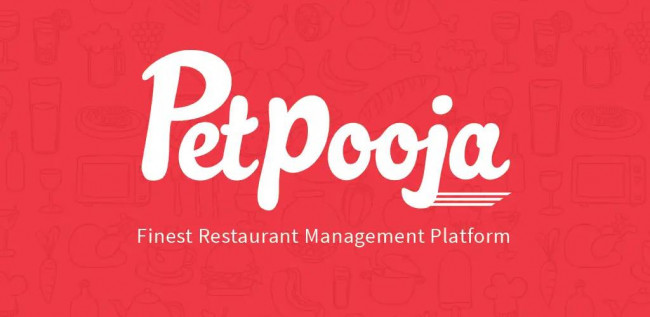








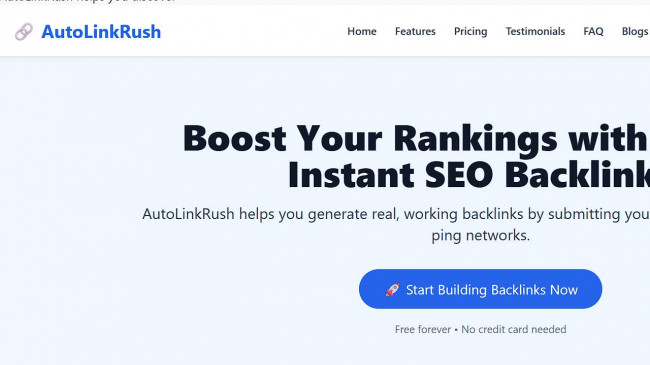
Comments